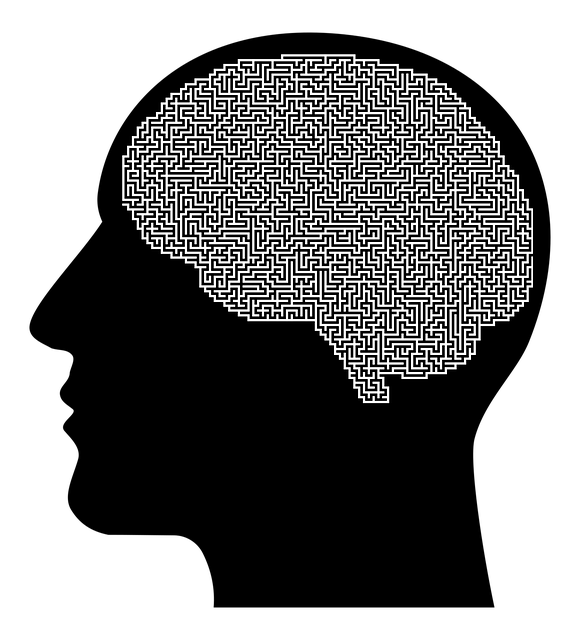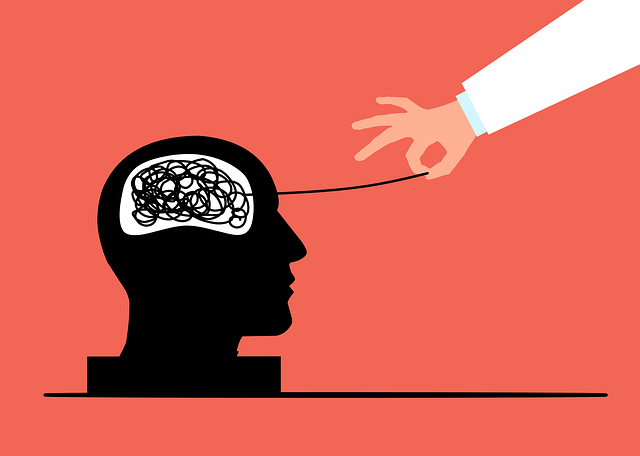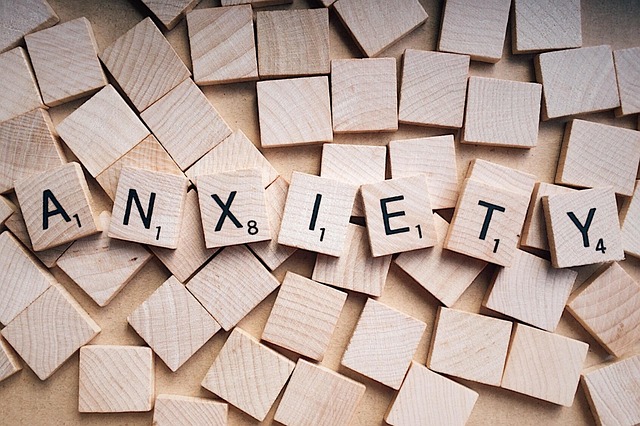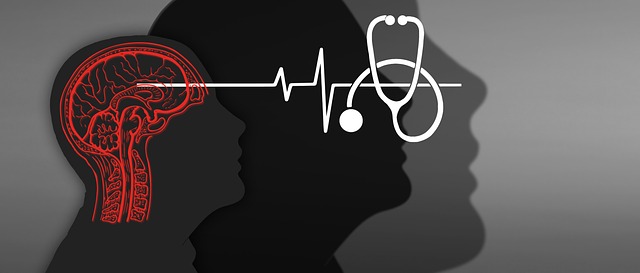Greenwood Village Crisis Counseling Therapy offers a comprehensive, holistic approach to mood regulation, empowering individuals to achieve and maintain emotional balance. By combining traditional counseling with innovative strategies, they address immediate crises and long-term mental health goals. Their program incorporates cognitive techniques, mindfulness practices, and personalized Emotional Well-being Promotion Techniques to help clients challenge negative thought patterns, reduce stress, and develop effective coping mechanisms. Through self-care routines, group sessions, and journaling exercises, individuals gain self-awareness, learn to navigate emotional landscapes, and build resilience for proactive mental wellness management.
Mood regulation strategies are essential tools for navigating life’s emotional ups and downs. This comprehensive guide explores various techniques to achieve emotional balance, focusing on the holistic approach offered by Greenwood Village Crisis Counseling Therapy. From cognitive techniques to mindfulness practices and resilient coping strategies, we delve into evidence-based methods to manage and stabilize mood. Discover how these strategies can empower individuals to take control of their emotional well-being, drawing from the expert insights available through Greenwood Village Crisis Counseling Therapy services.
- Understanding Mood Regulation: Unraveling Emotional Balance
- Greenwood Village Crisis Counseling Therapy: A Holistic Approach
- Cognitive Techniques for Effective Mood Management
- The Role of Mindfulness and Relaxation in Emotional Regulation
- Building Resilient Coping Strategies for Long-Term Mood Stability
Understanding Mood Regulation: Unraveling Emotional Balance

Understanding Mood Regulation is a crucial step towards achieving and maintaining emotional balance. It involves recognizing and managing our internal states—from joy to sadness, anger to anxiety—in healthy ways that promote overall well-being. Greenwood Village Crisis Counseling Therapy offers valuable guidance in this realm, providing individuals with the tools to navigate their emotional landscapes effectively.
Emotional Regulation isn’t about suppressing or denying feelings; rather, it’s about developing coping mechanisms and self-care practices that allow us to process emotions fully while avoiding unhealthy reactions. Incorporating practices like Mental Wellness Journaling Exercise into daily routines can be immensely helpful. By documenting thoughts, feelings, and experiences, individuals gain clarity on their emotional patterns and identify triggers for strong reactions. This introspection fosters self-awareness, a cornerstone of effective Emotional Regulation.
Greenwood Village Crisis Counseling Therapy: A Holistic Approach

Greenwood Village Crisis Counseling Therapy offers a holistic approach to mood regulation, recognizing that emotional well-being is intricately linked to various aspects of life. This therapy focuses on providing individuals with comprehensive support, addressing not only immediate crisis situations but also long-term mental health goals. By combining traditional counseling techniques with innovative strategies, Greenwood Village aims to empower clients in managing their emotions and fostering resilience.
The program incorporates Emotional Well-being Promotion Techniques tailored to individual needs, encouraging self-care routine development for better mental health. Through group sessions and community outreach program implementation, participants gain valuable insights into coping mechanisms while building a supportive network. This collaborative approach ensures that individuals receive the care they need, promoting overall wellness in a safe and nurturing environment.
Cognitive Techniques for Effective Mood Management

Cognitive Techniques for Effective Mood Management play a pivotal role in maintaining mental wellness. Greenwood Village Crisis Counseling Therapy emphasizes the power of our thoughts and beliefs in shaping our emotions. Through structured exercises, individuals learn to challenge negative thought patterns that contribute to low moods or even depression. Mental Wellness Journaling Exercise Guidance encourages active reflection, helping people gain insights into their cognitive distortions and replace them with more positive, realistic perspectives.
Moreover, Social Skills Training and Mental Wellness Coaching Programs Development are integral components of this approach. By honing communication skills and fostering supportive connections, individuals can navigate relationships more effectively, reducing social stressors that might impact their mood. These programs offer tailored guidance, empowering people to take charge of their emotional well-being and cultivate a more balanced mental state, much like navigating through a complex but beautiful landscape.
The Role of Mindfulness and Relaxation in Emotional Regulation

Mindfulness and relaxation techniques have emerged as powerful tools in emotional regulation, offering a calming counterbalance to the demands of modern life. In today’s fast-paced world, where stress and anxiety are prevalent, Greenwood Village Crisis Counseling Therapy emphasizes the importance of these practices for maintaining mental well-being. By fostering self-awareness and present-moment focus, mindfulness helps individuals disengage from negative thought cycles and emotional spirals. It encourages a non-judgmental approach to emotions, allowing for better understanding and management.
Incorporating relaxation techniques such as deep breathing, progressive muscle relaxation, or guided imagery into one’s daily routine can significantly enhance emotional resilience. These practices promote physiological changes that reduce stress responses, lower blood pressure, and slow heart rate, creating a sense of calm and stability. Self-care routine development for better mental health involves dedicating time to these mindfulness and relaxation exercises, alongside social skills training, as a proactive approach to depression prevention and overall emotional regulation.
Building Resilient Coping Strategies for Long-Term Mood Stability

In the pursuit of long-term mood stability, building resilient coping strategies is paramount. Greenwood Village Crisis Counseling Therapy offers valuable insights and support in this regard. Through a combination of evidence-based techniques, individuals can develop robust mental tools to navigate life’s challenges. The first step involves identifying personal triggers and understanding one’s emotional responses, which can be facilitated by self-reflection and journaling exercises. This introspective process equips individuals with the awareness needed to proactively manage their moods.
Moreover, Mental Wellness Coaching Programs Development encourages proactive coping by teaching effective stress management skills and enhancing self-esteem. By integrating these strategies into daily routines, individuals foster a sense of resilience, enabling them to approach stressors with greater equanimity. This holistic approach, coupled with consistent practice, can significantly contribute to maintaining mental wellness over time.
In navigating the intricate landscape of mood regulation, it’s clear that a multifaceted approach is key. From understanding emotional balance to adopting cognitive techniques and cultivating mindfulness, individuals can gain powerful tools for managing their mental health. The holistic methods offered by Greenwood Village Crisis Counseling Therapy provide a vibrant, bustling symphony of support, enabling folks to embrace resilience and achieve long-term mood stability. By integrating these strategies into daily life, one can transform challenges into opportunities for growth and dance through life’s metamorphosis with enhanced emotional agility.














